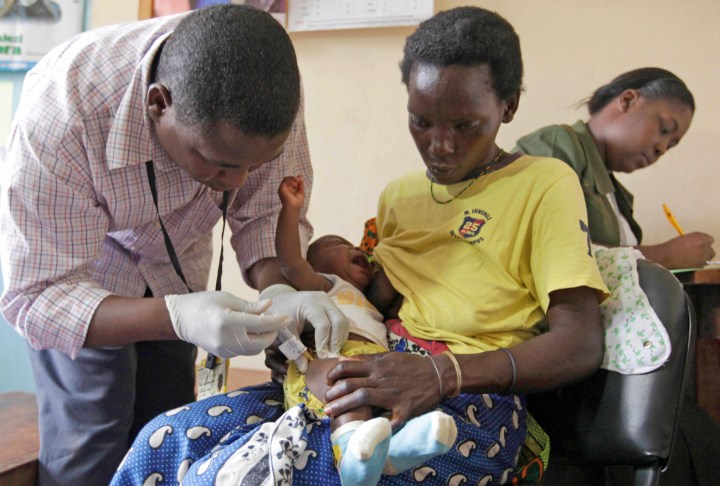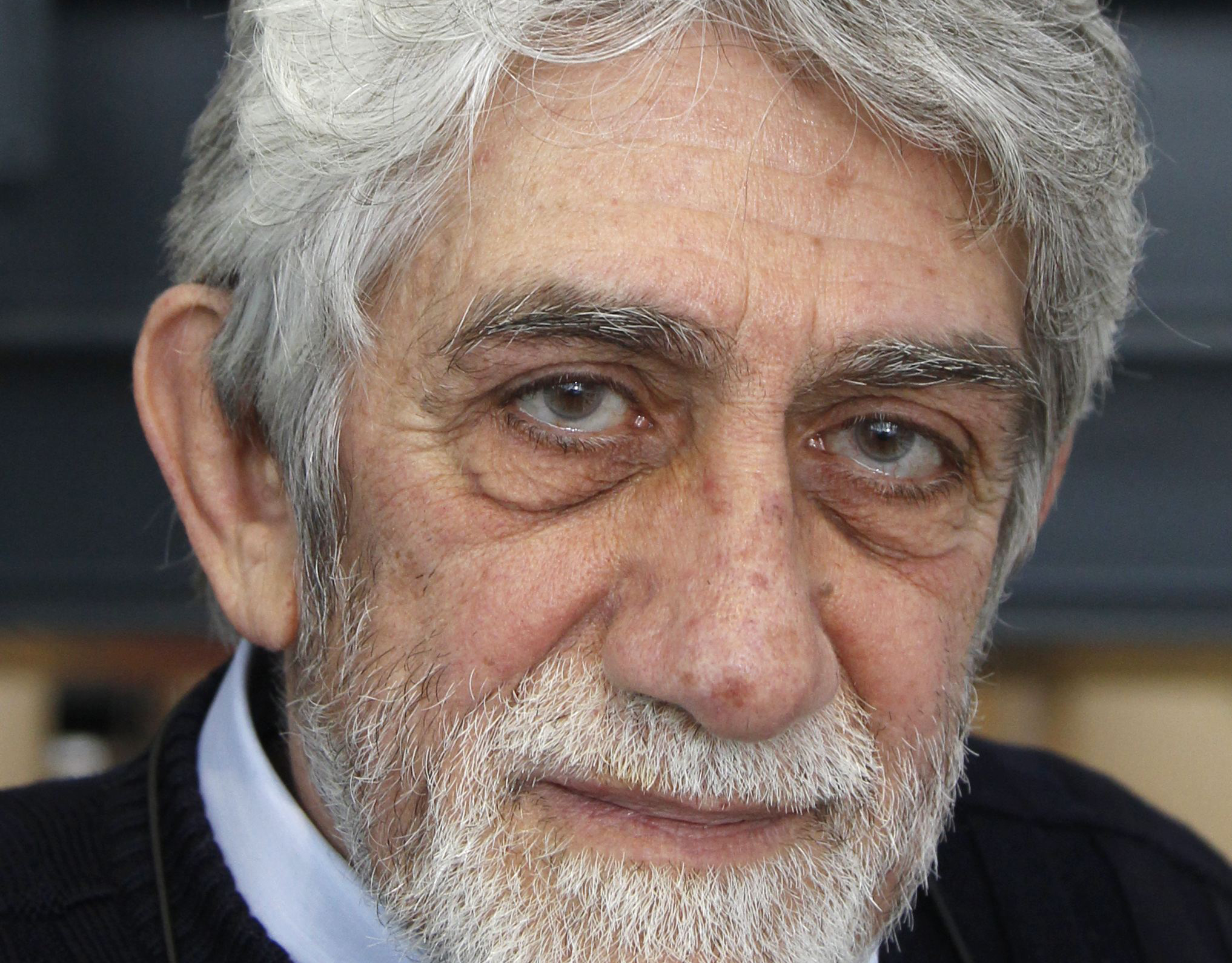Sci-Tech
Malaria-fighters abuzz as vaccine seems to work

It’s the biggest news in public health for years. Researchers at GlaxoSmithKline are on the verge of producing a vaccine against malaria which could halve the risk of contracting the disease. They reportedly wept when they saw the results – a sign of the investment in this project. By REBECCA DAVIS.
It’s impossible to exaggerate how important this breakthrough could be. Malaria kills more people worldwide than any other disease except TB. About 800,000 people die of malaria each year, and the majority of those are children younger than five.
This is the first ever vaccine against a parasitic form of infection. And, if current promises are kept, it may be an instance of a pharmaceutical giant genuinely acting for the public good rather than with an eye on their profits. Its developer, GlaxoSmithKline, has pledged to sell it for only a fraction over cost price. It is also a vindication of the vision of Bill and Melinda Gates whose foundation has invested $1.75 billion towards their stated aim of eradicating malaria – a target many in the health world scoffed at as unachievable.
GlaxoSmithKline began working on the vaccine in the late 1980s together with the Walter Reed Army Institute of Research in Maryland. It has ended up being the largest-ever malaria vaccine study, involving 15, 460 five to 17-month-old infants in seven different African countries, and it has shown thus far that the vaccination appears to halve the infants’ risk of malaria.
The results published on Tuesday represent the first tranche of what will be three sets of data. The second set, to be published next year, will show the results of vaccinating newborn babies. And the last outcome, to be released in 2014, will show how long the effects of the vaccination last. The World Health organisation has said that if these results are satisfactory, it will recommend the rollout of the vaccine by 2015.

GlaxoSmithKline research scientist Joe Cohen, who has been working on the malaria vaccine. Reuters.
This is not a magic bullet. The vaccination does not stop the disease in its tracks, but it does significantly reduce the chances of contracting malaria and, even if it is contracted, lessens the length and virulence of the sickness. However, it will still have to be administered alongside the continuing use of mosquito nets, coils and all other devices currently employed to deter mosquitoes.
CEO of GlaxoSmithKline, Andrew Witty, said the company would do everything in its power to keep costs down, including granting licenses to companies in India and Africa to produce generic versions of it. At the press conference to announce the news on Tuesday, Witty was asked why it was necessary for Glaxo to make any profit on it whatsoever, however small. Witty replied they were concerned about setting a precedent in this regard, as other pharmaceutical companies might then be dissuaded from entering into research and development on malaria vaccines if they knew there was to be no profit out of it whatsoever.
The major question now is who will pay for it to be rolled out? At the same press conference, Regina Rabinovitch, the director for infectious diseases at the Bill and Melinda Gates Foundation, was asked whether the foundation would fund it. Her response was distinctly non-committal, saying they would need to consider all results first and that she would “certainly” prefer a 100% vaccine.
Glaxo said it would begin discussions soon with global donor groups about who will pick up the bill for the vaccine. The pharmaceutical company intends to produce the vaccine at a factory in Belgium which only has capacity to make enough for 10 million children a year – only a fraction of those who need it. If Glaxo gets enough of a commitment from donor groups willing to buy large quantities of it, it will build new production facilities in Africa or Asia, but it needs some signatures on some agreements soon. Some would say that it’s unnecessary for Glaxo to be keeping such a beady eye on the bottom line – after all, in 2010 it recorded profits of $3 billion after tax.
For now, though, health activists will be raising a glass to this development. News this good doesn’t come out of the health world often. iM
Read more:
- Malaria vaccine could save millions of children’s lives, in the Guardian
Photo: Reuters.





 Become an Insider
Become an Insider